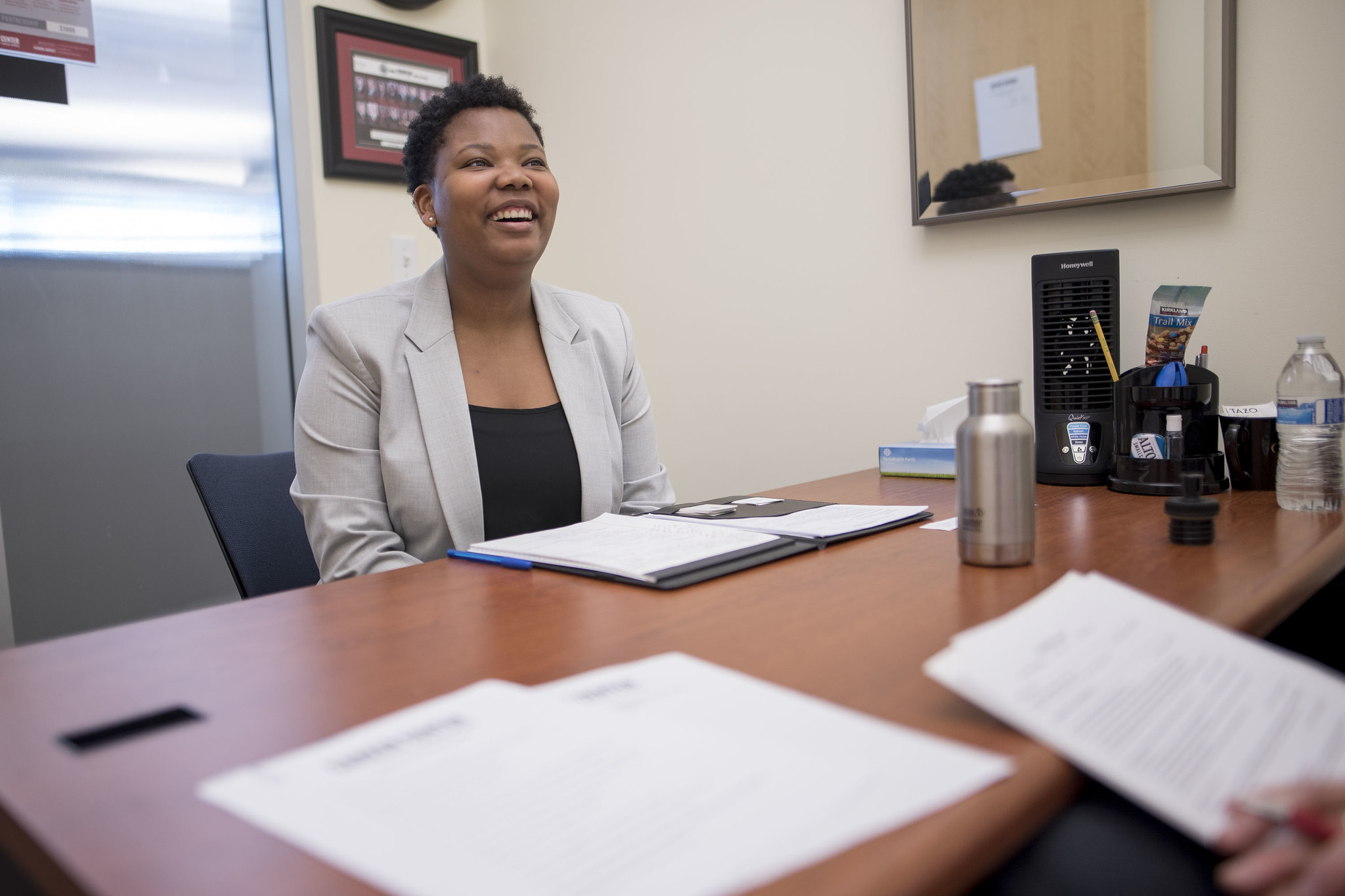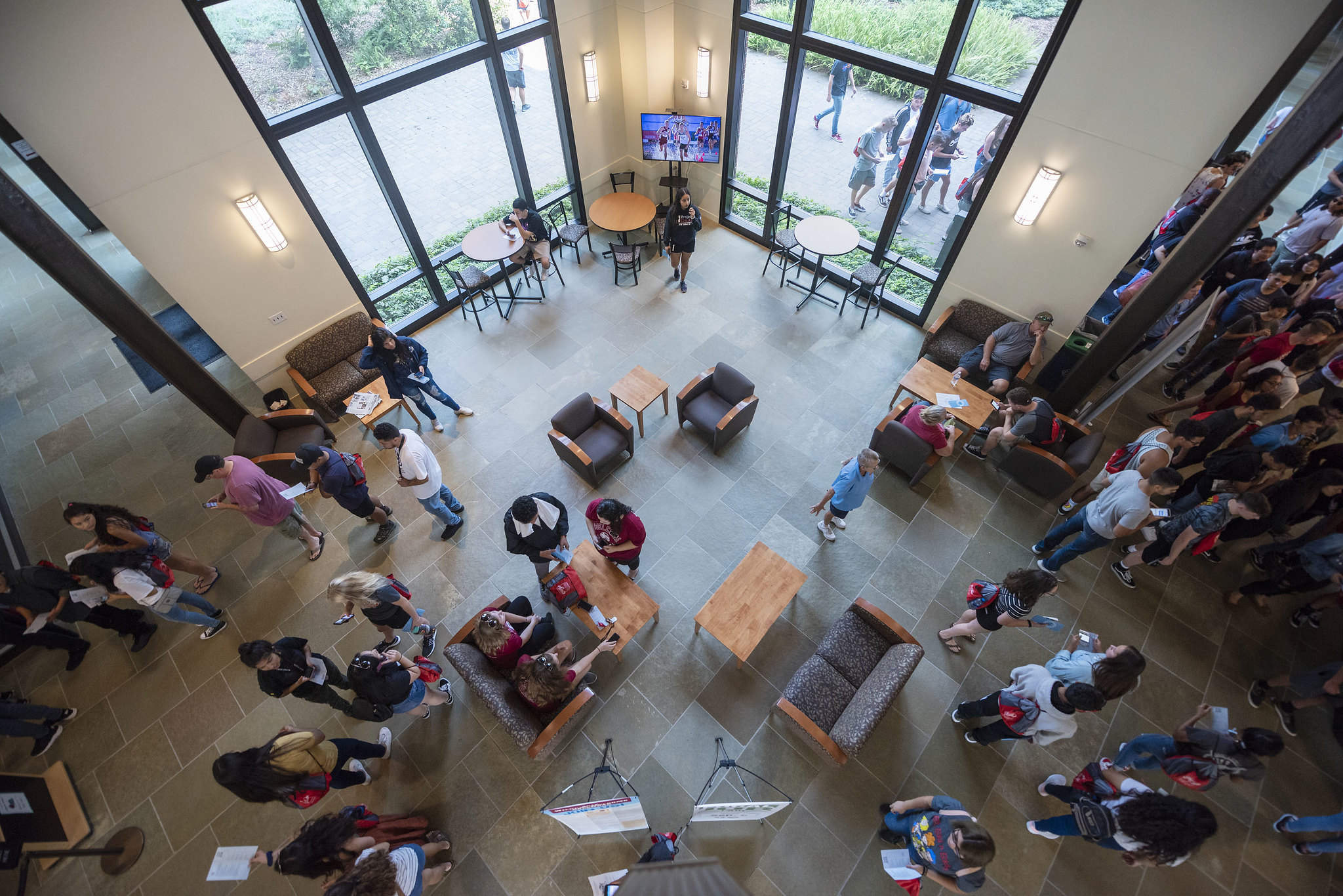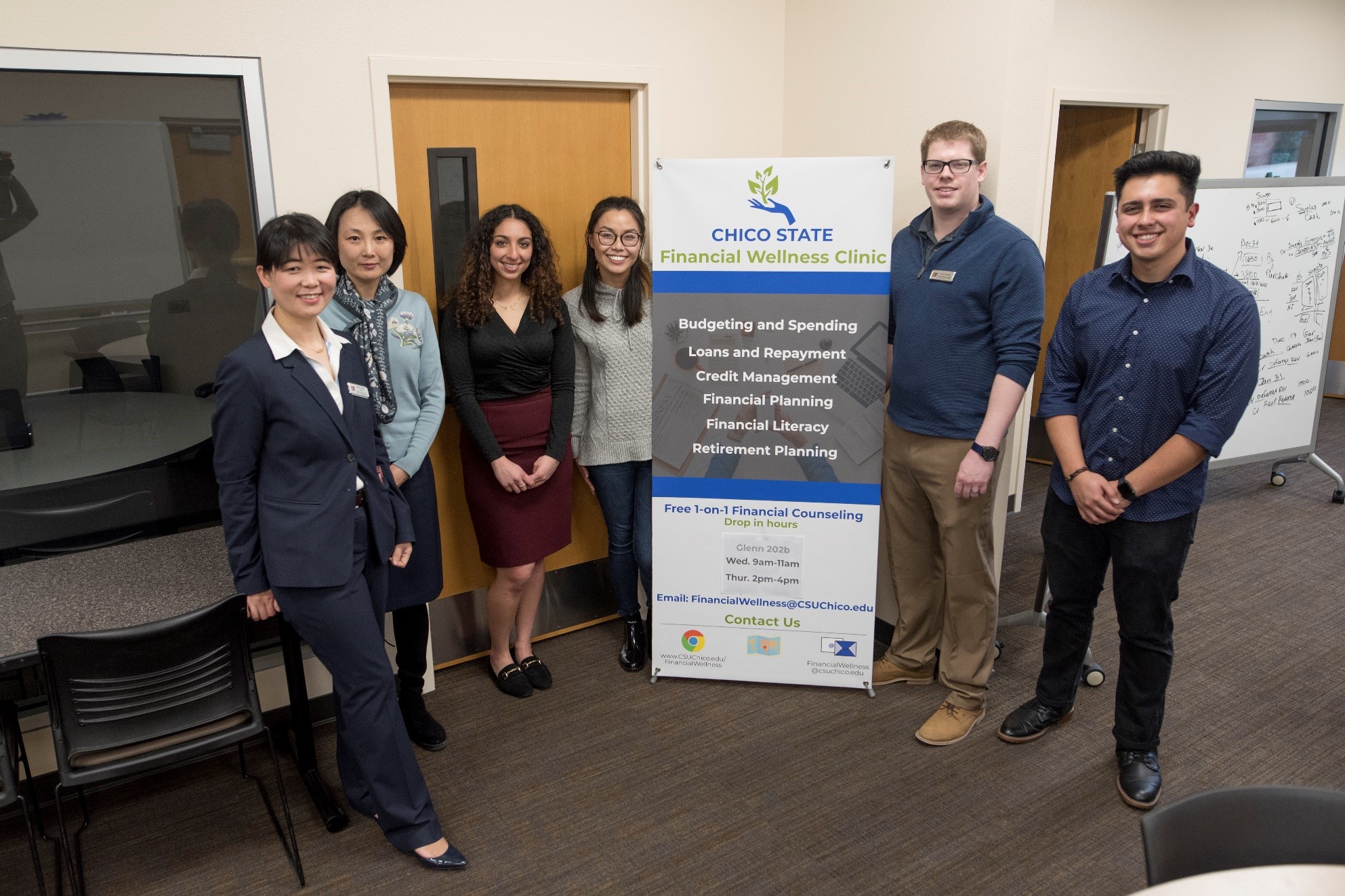Paying for university
"Can I afford university?" and "How do I manage my money?" are common questions. Every student has a different financial situation, so take time to review resources and ask questions. At Chico State, you have resources to explain the cost of tuition and fees, to apply for financial aid, to get a part-time job, and to help you manage your budget. Financial aid advisors, career advisors, and financial planners are available to help!
- Cost and deadlines
The total cost of attending Chico State changes based on factors like where you lived before applying ("residency"); if you are studying for an undergraduate degree, graduate degree, or credential; how many units of coursework you enroll in, etc.
- To estimate the cost of attending, use the Net Price Calculator
- To see your specific bill, go to Portal -> Student Center -> Financials -> What I Owe
It's important to plan ahead! Give yourself time to find documents, talk with an advisor, and make informed decisions by adding deadlines to your planner and reviewing what you need to do every month.
- Help with paying
Chico State is an affordable university—in fact, we are #1 in California and #5 in the United States for graduating students with the lowest debt. But "affordable" does not mean free, and 77% of our students receive financial aid. We recommend the following to help you pay for university:
- Submit a Free Application for Federal Student Aid (FAFSA)(opens in new window) OR a California Dream Act Application (CADAA)(opens in new window)
- This is the first and most important step!
- Submit scholarship applications
- The Wildcat Scholarship Application automatically considers you for every Chico State scholarship that you are eligible for, including 100+ scholarships offered by the College of Communication & Education
- Immigrants Rising has a list of scholarships that do not require proof of US citizenship
- Talk to an advisor in your future or current major to ask about special programs, like:
- NorCal GREAT Teacher Pipeline supports future teachers
- College Corps supports students committed to education, climate action, and civic engagement
- Think about enrolling in the Deferred Tuition Payment Plan
- This plan divides the cost of tuition into three equal payments that students pay over the course of the semester
- Students need to enroll in the plan every semester
- Think about ways to minimize the cost
- Consider courses that don't require you to purchase textbooks: go to Portal -> Student Center -> Enrollment -> Enroll in Classes and, in the Class Attribute field, select "Zero Cost Course Materials"
- Sometimes instructors will make reading materials for class (called "course reserves") available for free at Meriam Library
- If you don't have a computer or if yours needs repair, you can borrow a laptop for free from Information Technology Support Services (ITSS)
- You can borrow other technology items (like cameras, microphones, tablets, projectors, graphing calculators, adapters, etc) for free from Meriam Library
- Submit a Free Application for Federal Student Aid (FAFSA)(opens in new window) OR a California Dream Act Application (CADAA)(opens in new window)
- Help finding a job and managing your budget
A good way to earn money, develop your skills, and make Chico State feel like home is to work on-campus. While most students who work on-campus receive financial aid (and some receive a "work-study" award), you don't have to receive financial aid to work on-campus. Campus offices are usually flexible with scheduling and can provide opportunities for you to learn new skills, to network with experts, and to apply what you've learned in your courses.
- To see what on-campus jobs are available, go to Handshake
- To meet with a career advisor or get help with Handshake, contact the Career Center
Many students come to Chico State without a lot of experience managing money. The Financial Wellness Clinic helps students understand financial terms and create their first budget. A professor in the College of Business oversees this free service.
- Help with a financial emergency
Sometimes an unexpected situation (natural disaster, urgent medical care, threat of eviction, etc.) can create a financial emergency. The Basic Needs office has emergency grants that may be available to help you through the situation. We strongly encourage you to ask for help, regardless of financial aid, immigration, or housing status.





